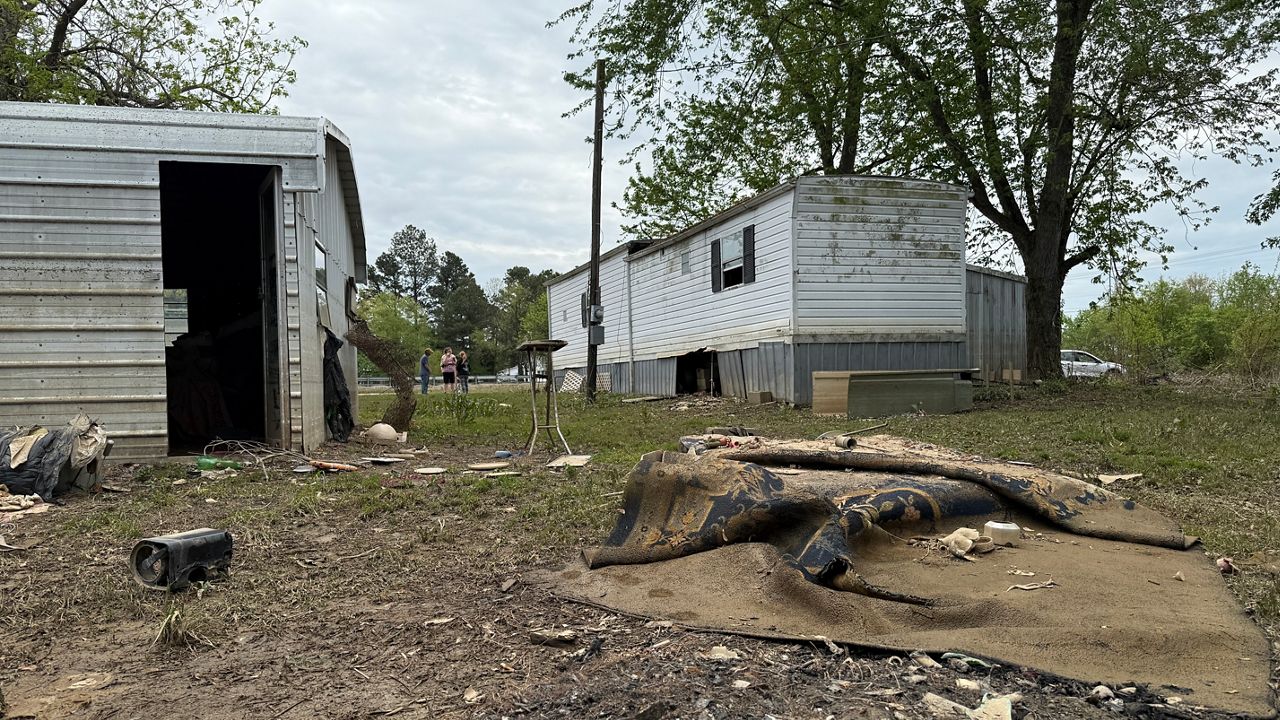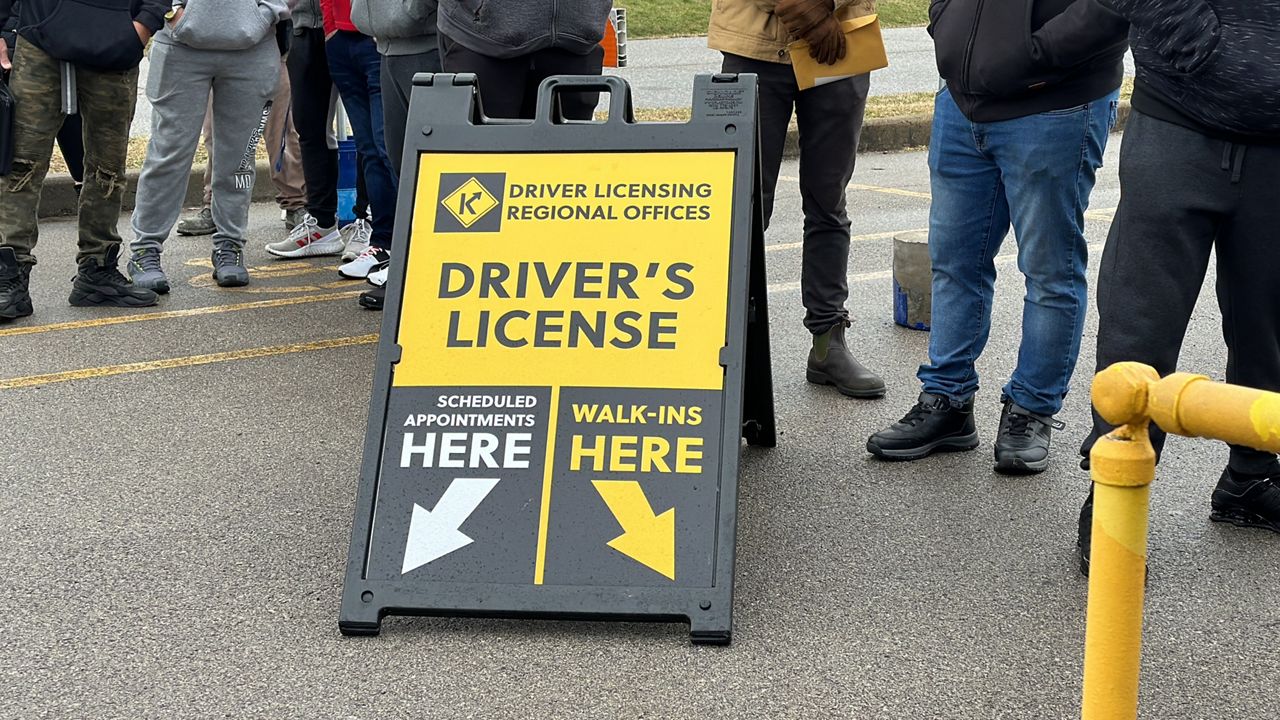FLORENCE, Ky. — To address an increase of avoidable 911 calls, the Florence and Covington Fire Departments are testing a 12-month pilot program to assist patients with chronic illnesses to receive the care they need without relying on emergency services.
The Florence Fire Department told Spectrum News 1 that this year alone, they will have answered nearly 11,000 calls by the end of the year. And while the majority of those incidents are emergencies, nearly a quarter of those are not.
Florence EMS Battalion Chief, Danielle Stiner, said across northern Kentucky many emergency rooms are seeing an increase in patients which is affecting emergency services.
“We’re trying to find ways that we can keep them [patients] out of the hospital and keeping them from being readmitted,” Stiner said.“We’re trying to find ways that we can keep them [patients] out of the hospital and keeping them from being readmitted,” Stiner said. “Keeping our run volume down so we can go to those more critical runs.”
Thanks to a grant awarded to St. Elizabeth Healthcare a one-year pilot paramedicine program will start next year, to help patients with chronic illnesses, including COPD, diabetes, heart failure and kidney disease.
Stiner said, “We started to find this program where we have community paramedics that can go out into the field and help these patients find those resources to kind of navigate the system,” aiding them with the knowledge and resources to manage their chronic illnesses without an emergency responder.
The city recently opened an application for residents with appropriate credentials, including a Kentucky drover's license, Advanced Cardiac Life Support (ACLS) certification and CPR certification.
Florence isn’t the only city taking part. The Covington Fire Department and EMS have also been selected to implement the program.
“This helps our residents by... giving them resources that typically the fire departments don’t have access to,” said Assistant Chief Gary Rucker of the Covington Fire Department.
Both Stiner and Rucker hope the program is a success. Stiner said, "We’re out in the community trying to help them stay at home and take a more proactive approach to their health care... and how to mitigate the situations before they get out of control.”
The program is expected to begin in February or March 2025, with nearly 300 patients expected to participate in the first year. Each visit will include assessments of mental health, food security, transportation needs with paramedics connecting patients to local resources.












